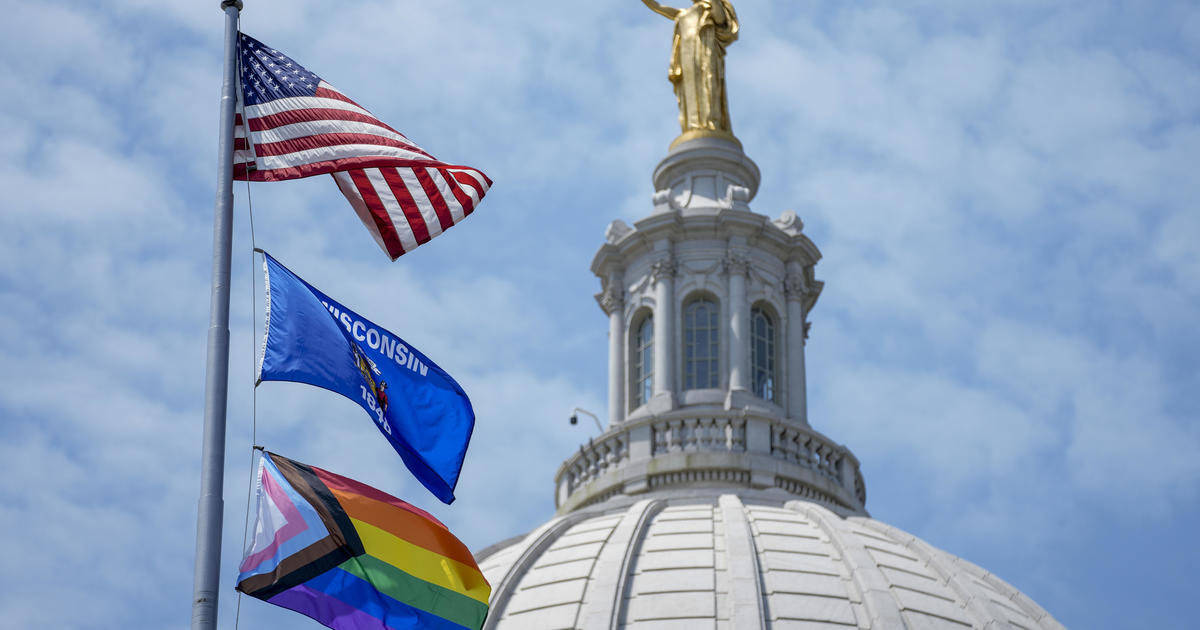In Wisconsin, Governor Evers vetoed a bill that would have banned high school transgender athletes from competing on teams that align with their gender identity. He stated that he would veto any bill that makes Wisconsin a less safe, less inclusive, and less welcoming place for LGBTQ people and kids. The bill had passed the Republican-controlled Legislature, but Republicans do not have enough votes to override the veto. Evers argued that this type of legislation harms LGBTQ individuals’ mental health, emboldens anti-LGBTQ harassment, bullying, and violence, and threatens the safety and dignity of LGBTQ individuals, especially children.
The bill proposed to limit high school athletes to playing on teams that match the gender they were assigned at birth. Supporters of the bill argued that it was a matter of fairness for non-transgender athletes, while opponents claimed that there was no real issue with transgender high school athletes in Wisconsin and that the proposed ban was discriminatory and harmful to transgender youth. The Wisconsin Interscholastic Athletic Association already requires transgender athletes to undergo hormone therapy before they can play on the teams of their choice, following NCAA requirements for transgender athletes.
In contrast to Wisconsin, neighboring Minnesota has recently passed legislation aimed at making the state a safe haven for LGBTQ+ youth. This includes a bill banning conversion therapy and legislation that aims to protect transgender individuals in general. Advocates for these bills argue that they will protect trans patients and providers of gender-affirming care from legal action in other states where such care is banned or restricted, creating a safe space for transgender individuals in Minnesota. The state has become known as a refuge for the transgender community with these recent legislative actions.
While at least 20 states have approved bans on transgender athletes playing on K-12 and collegiate sports teams, a Biden administration proposal aims to forbid such outright bans. The proposed rule would establish that blanket bans violate Title IX, the gender-equity legislation enacted in 1972. This proposal is set to be finalized this year after delays and pushback. The debate over transgender athletes’ participation in sports continues to be a contentious issue across the country, with different states taking varying approaches to address the inclusion of transgender individuals in athletic competitions.
In conclusion, the conversation around transgender rights and inclusion in sports is ongoing, with states like Wisconsin and Minnesota taking different approaches to address these issues. While Wisconsin’s vetoed bill aimed to restrict transgender athletes from competing on teams that align with their gender identity, Minnesota has passed legislation to protect and support the transgender community. The broader debate over transgender athletes’ participation in sports and the implications for gender equity laws like Title IX continue to be hotly debated topics in the United States.









